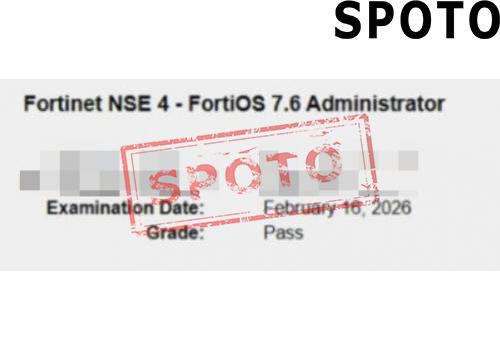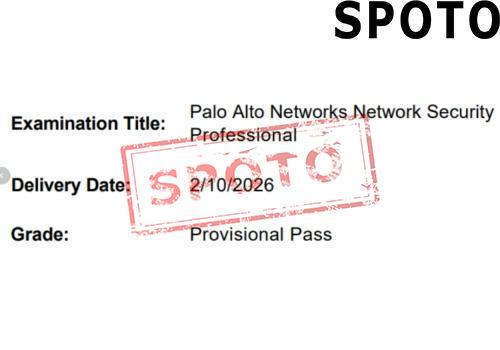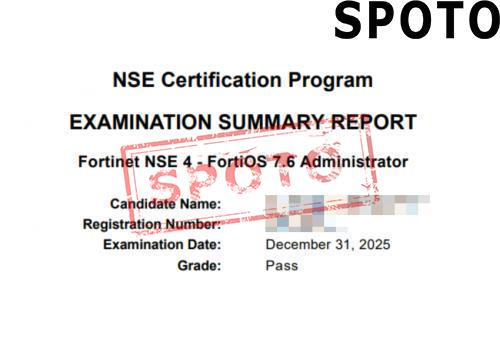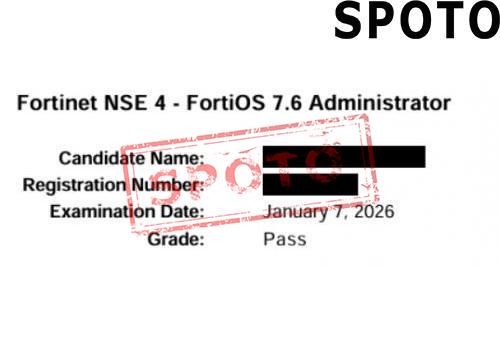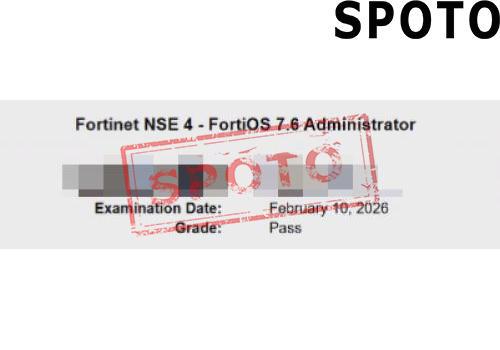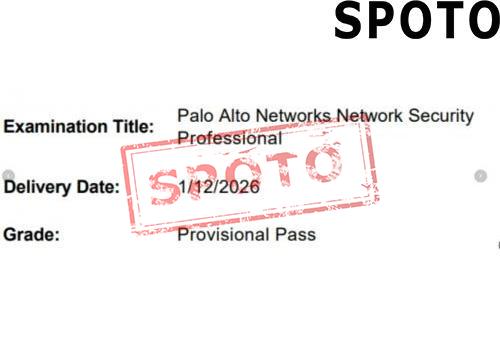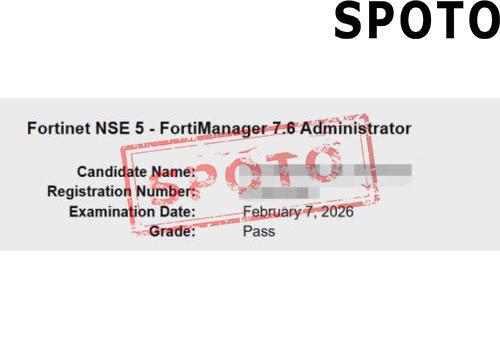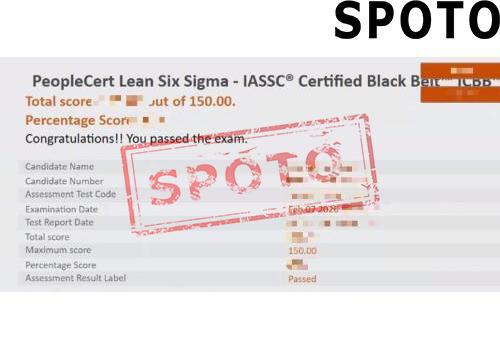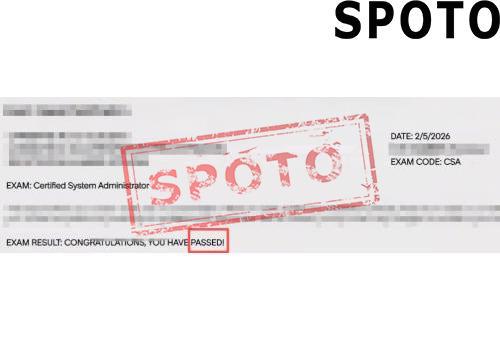
Cisco Certification Guide Overview and Career Pathways
Cisco is one the most respected and well-respected communications and networking companies in the world. Cisco certifications are a great tool for professionals who want to get into computing. They cover a wide range of topics in networking that will prepare you for different roles. Let's look at the Cisco certifications route to find out if it might be for you.

Cisco Certification Path Overview
Cisco has put a lot of effort into creating a list of certifications that covers everything you need to know about networking. To get a job or advance to the next level in networking, you don't need to have all their certifications. The path to Cisco certifications is modular. This allows you to either specialize in one area or branch out to learn as much as possible. Below is a list of Cisco certifications.
- Cisco Certified Entry Networking Technician (CCENT)
- Cisco Certified Technician (CCT)
- Cisco Certified Network Associate (CCNA)
- Cisco Certified Design Associate (CCDA)
- Cisco Certified Network Professional (CCNP).
- Cisco Certified Design Professional (CCDP).
- Cisco Certified Internetwork Expert (CCIE)
- Cisco Certified Design Expert (CCDE)
- Cisco Certified Architect (CCAr)
Below is a detailed explanation of each certification and the skill level. Cisco gives you the tools you need to make your skills a network expert.
The Entry-Level Certifications
Only two Cisco certifications are available that can be taken without any prerequisites: Cisco Certified Entry-Network Technician (CCENT), and Cisco Certified Technician CCT. These certifications are easy to obtain and provide a solid foundation for your next step in becoming a network engineer.
Cisco Certified Entry-Networking Technician (CCENT). CCENT will allow you to take on the role of maintaining, troubleshooting, and managing installations on smaller networks or segments within larger networks.
Cisco Certified Technicians (CCT). You will be able to perform repairs and replacements at customers' locations to ensure their network equipment is working properly.
Cisco Associate-Level Certifications
Cisco offers two Associate-Level certifications. Cisco Certified Network Associate and Cisco Certified Design Associate (CCDA), can be your next steps in your network journey. You may need to take up to two exams to obtain them.
Cisco Certified Network Associate - (CCNA).CCNA focuses primarily on basic installation, support, and troubleshooting of wired and wireless networks. With a CCNA certificate, you can go down multiple tracks, including switching & routing and data center management.
Cisco Professional-Level Certifications
You will notice a rapid increase in difficulty as you progress to Cisco's professional-level certifications. Cisco Certified Network Professional and Cisco Certified Design Professional (CCDP), are Cisco's professional certifications. They require more exams than other certificates.
Cisco Certified Network Professional - Much like CCNA and CCNA, CCNP offers a variety of tracks that allow you to focus even more. The CCNP certificate is intended to help professionals plan, deploy and troubleshoot networks in local and large areas. It can also be a stepping stone to a Cisco Certified Internetwork Expert certificate.
Cisco Expert-Level Certifications
Cisco Certified Internetwork Expert and Cisco Certified Design Expert CCDE are the next steps for many professionals. These certificates are Cisco's top-level certifications. These certifications will make you a network expert and distinguish you from your peers.
Cisco Certified Internetwork Experts (CCIE). Having a CCIE certificate could make a big difference in your career prospects. CCIE, like CCNA or CCNP, is designed to teach about Cisco's CCIE technical tracks, such as Collaboration, Data Center, Routing, Switching, Security, and Service Provider.
Cisco's Architect-Level Certification
The Cisco Certified Architecture (CCAr), is the highest-level Cisco qualification currently available. This certification is the most difficult tech certification you will find. It gives you the ability to design and build enterprise-level network infrastructures while catering to specific business needs. You will need to create a network example based on the coursework you have completed before you can present it to a Cisco panel. This certificate could allow you to become an actual network architect.
Cisco certifications are the standard for networking professionals. These certifications can be a quick way to get into this field. They also provide you with the opportunity to learn from the best in the industry about networking. SPOTO offers courses and practices exams of Cisco. Please contract with us!


